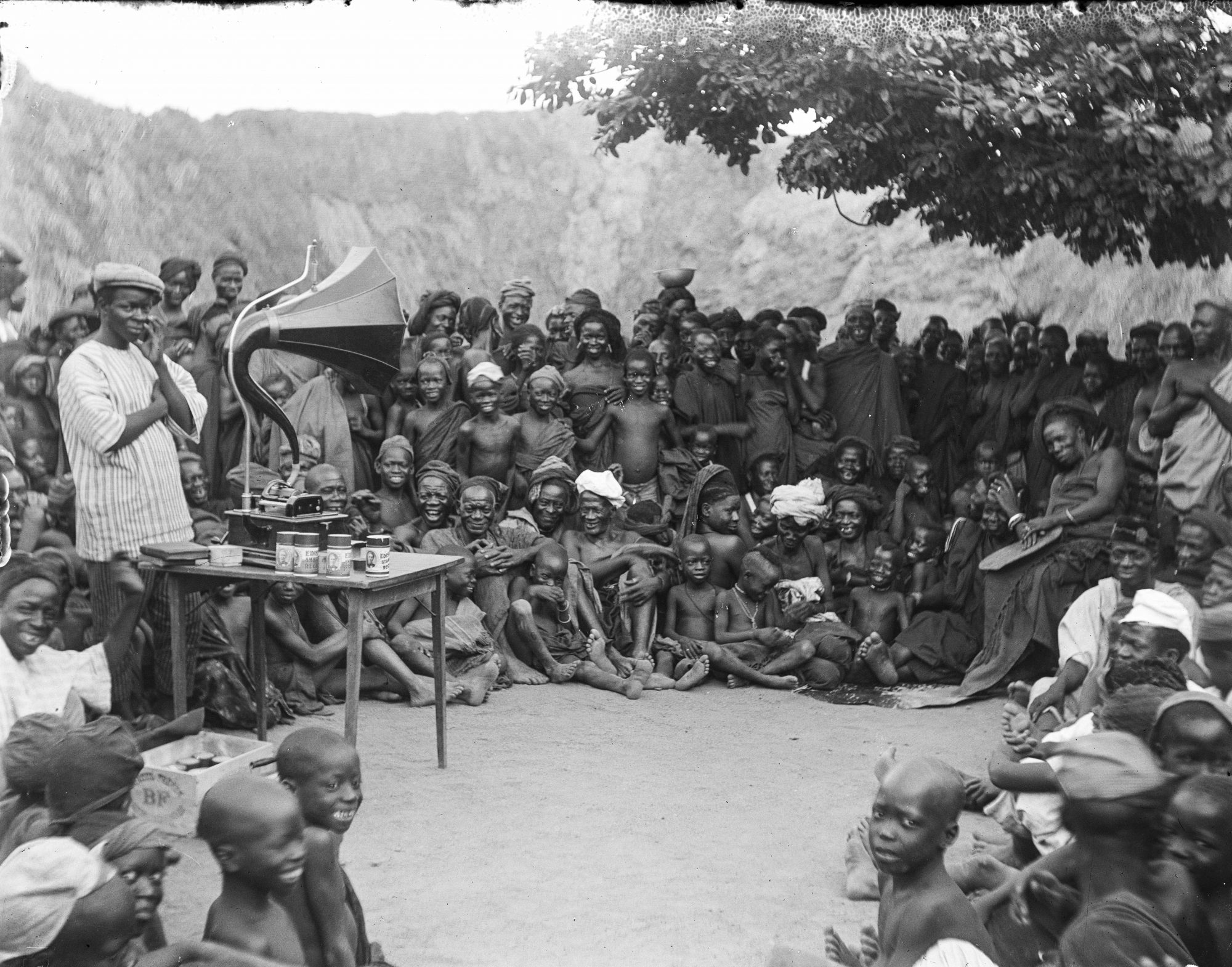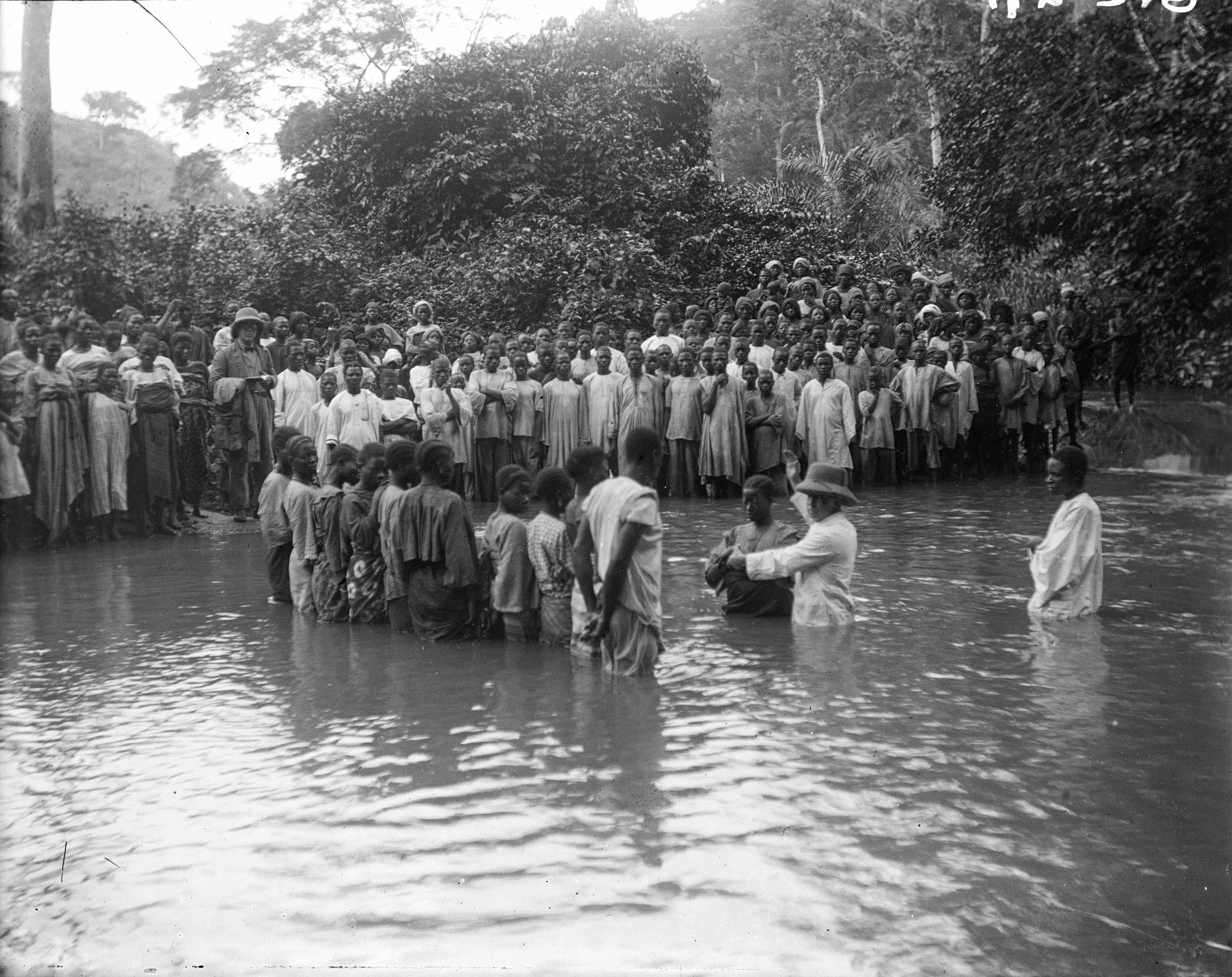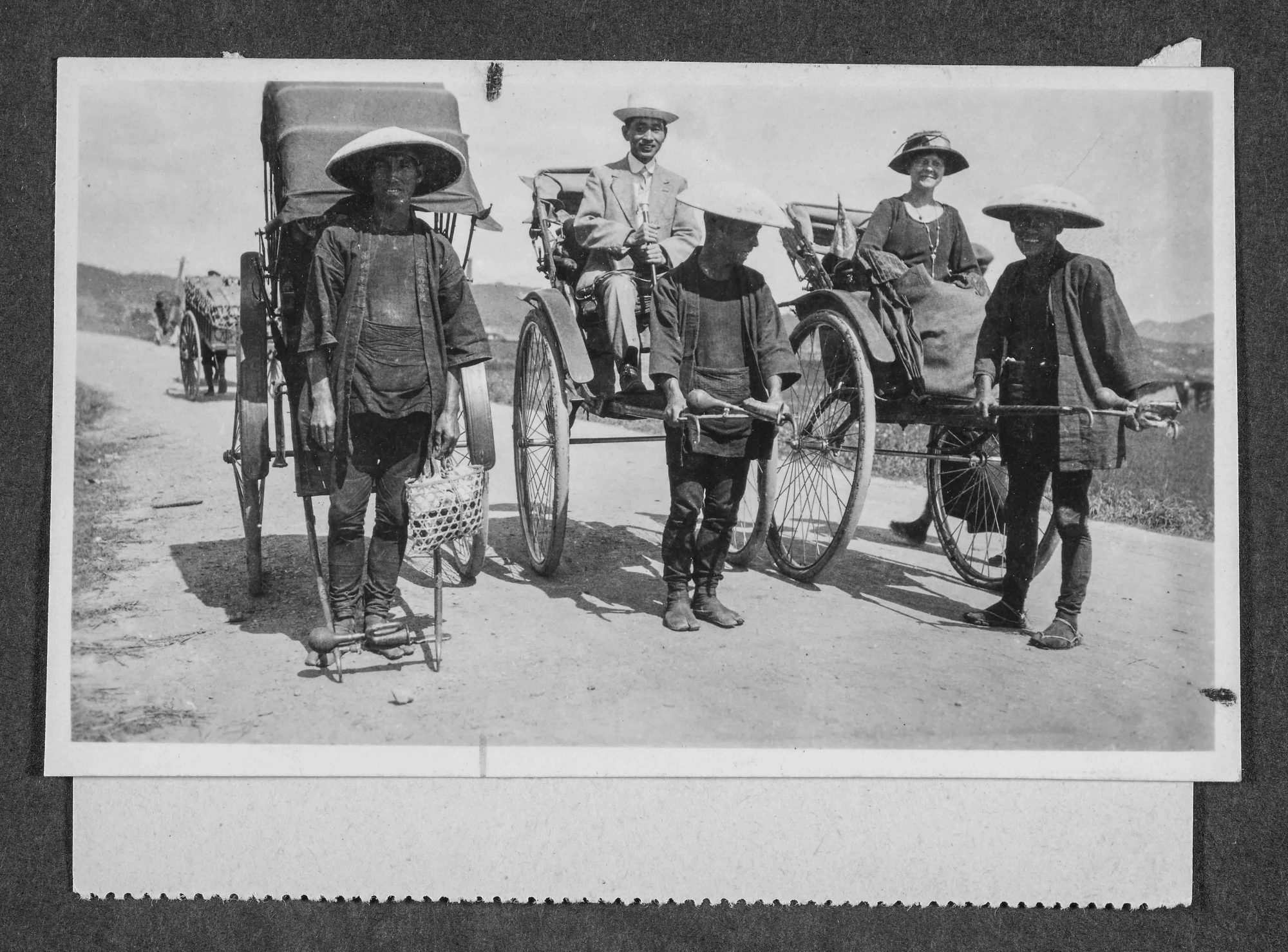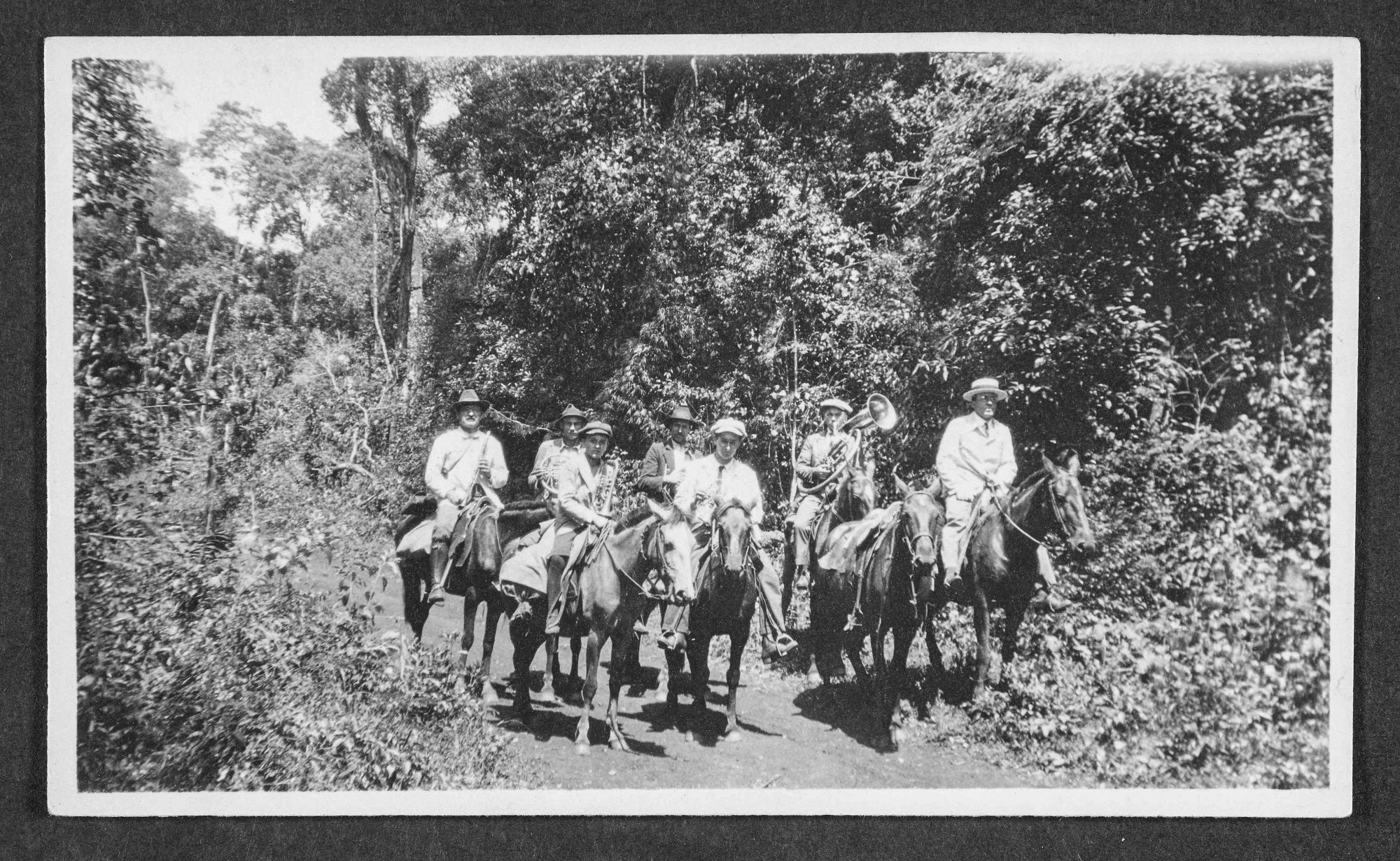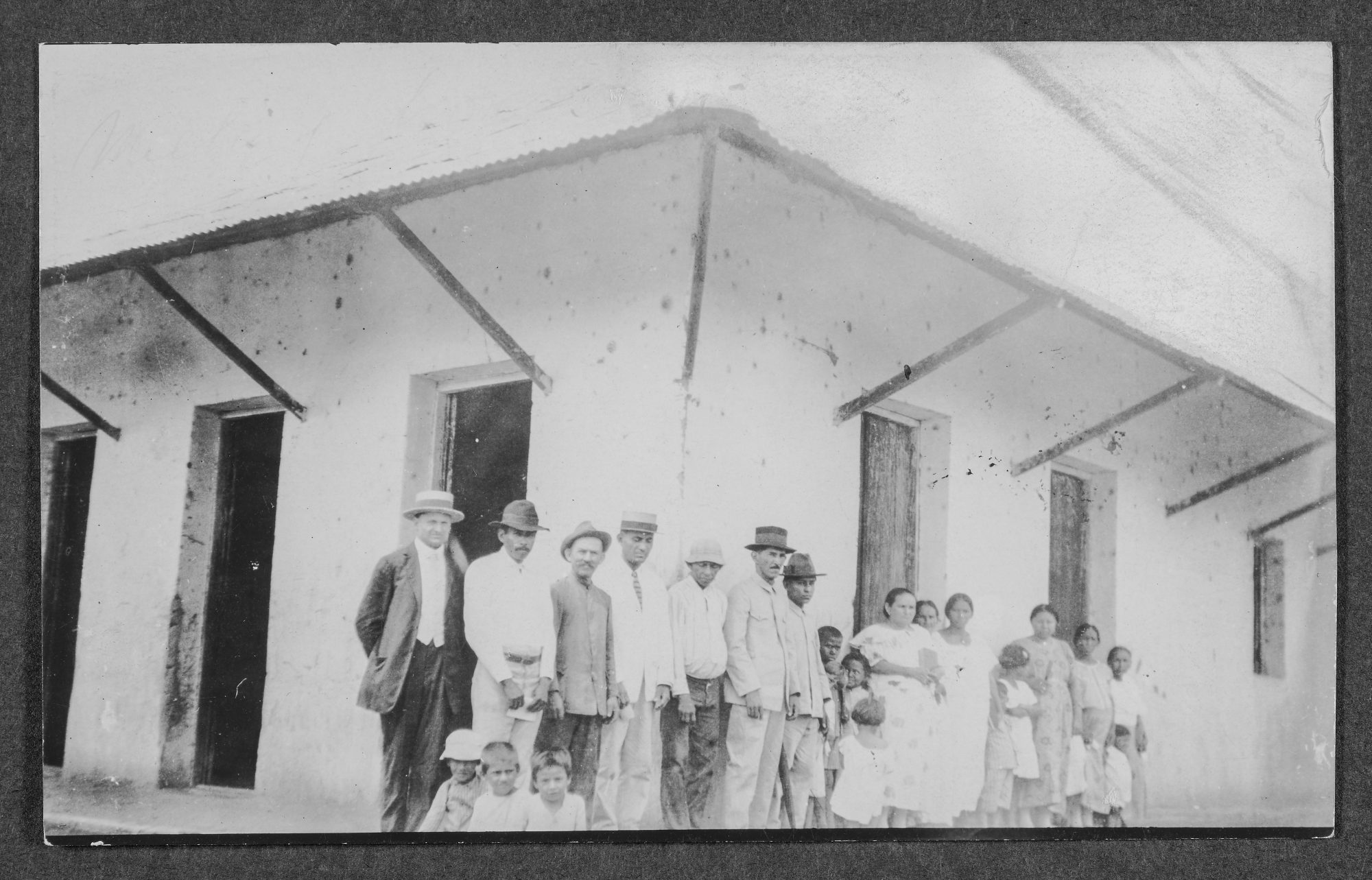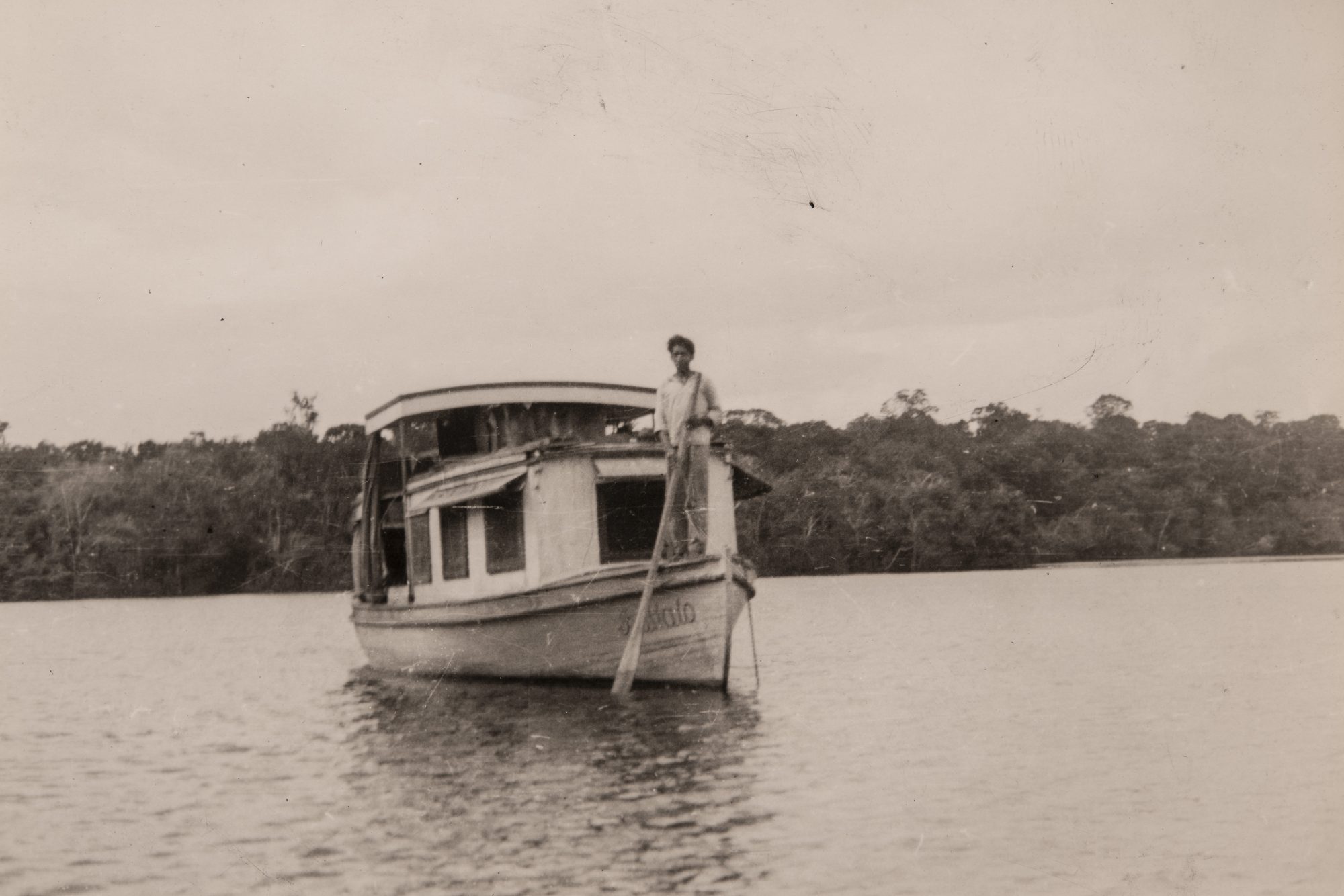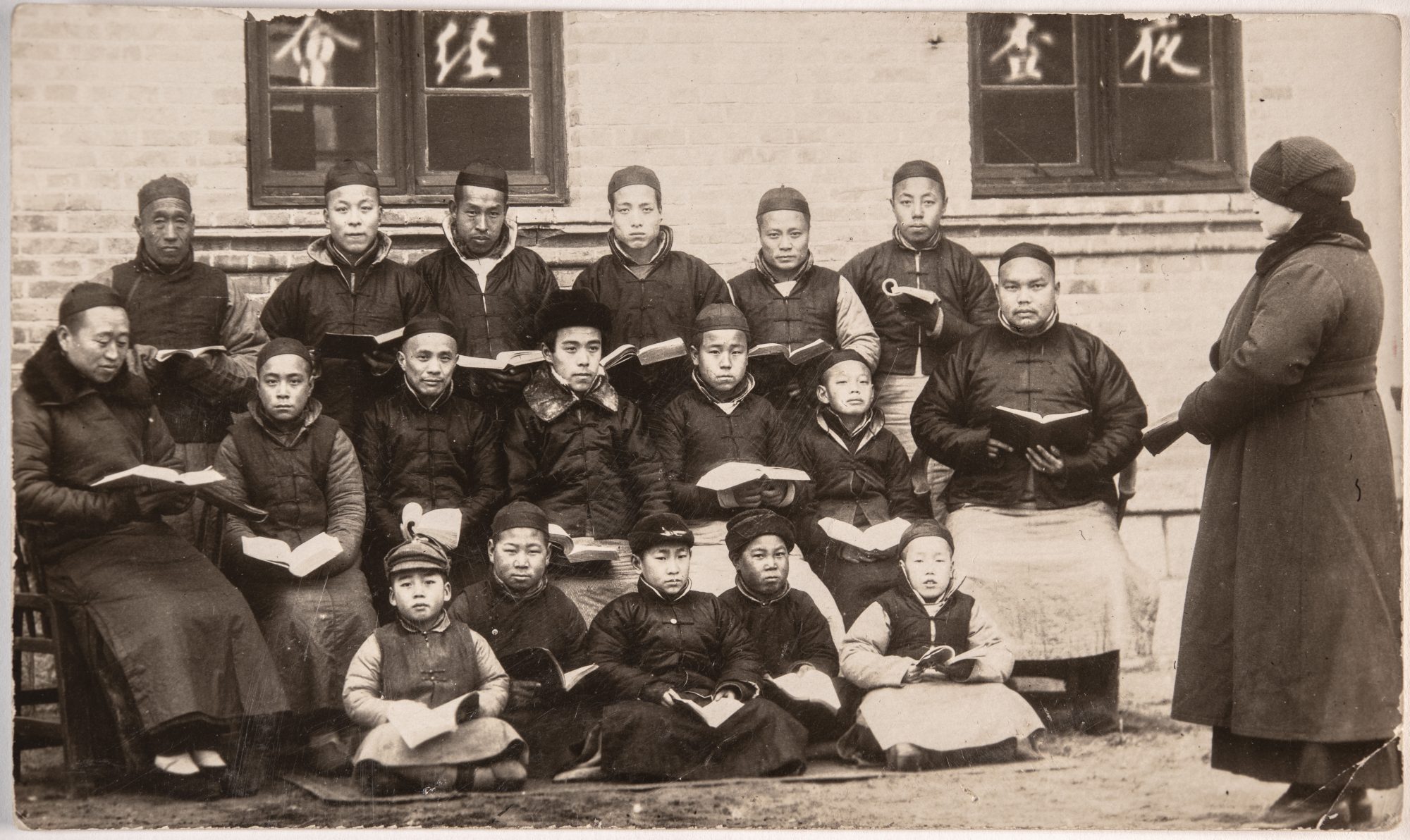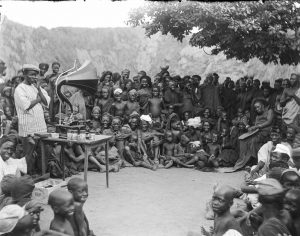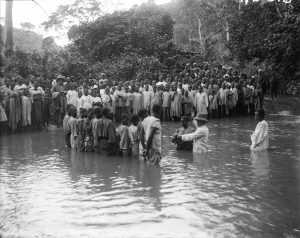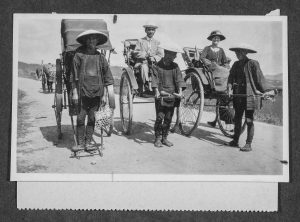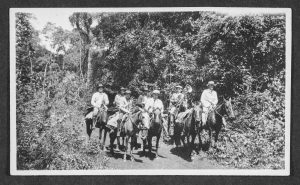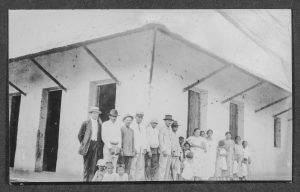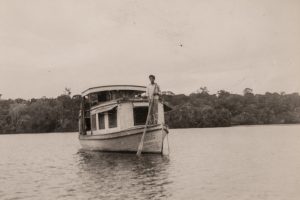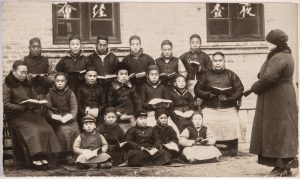1920s
The $75 million campaign rallied Southern Baptists around the common cause of global missions, but pledge shortfalls landed the FMB in severe debt. The Cooperative Program formed to provide more stable income.
At a conference in London in 1920, Baptists from around the world strategized together about where to send missionaries. The Foreign Mission Board agreed to work in Spain, Hungary, Romania and Yugoslavia. FMB representatives were astounded to learn there were as many as 100,000 Baptists in areas like Ukraine and the Russian Empire, and resolved to help their work as well.
During this decade, the Southern Baptist Convention made grand efforts to support and expand mission work, first through the $75 million campaign and then through the Cooperative Program. In many ways the $75 million campaign was a success, because it rallied Southern Baptists around the common cause of global missions and unified a denomination that had come dangerously close to falling apart. But only $58.6 million of the $92 million pledged was received, and the FMB fell deeply into debt to support the many new missionaries who had been guaranteed funding. In 1925, the Cooperative Program was formed to provide a more reliable, ongoing source of funding for Baptist entities.
Despite these financial challenges, during this decade FMB missionaries experienced what some consider the greatest revival in Baptist church history. In China’s Shantung province, missionaries had been disheartened by the apathy of the Chinese people. No one was coming to faith in Christ, and churches were stagnant and dying. Missionary Mary Crawford said groups began earnestly praying for revival, some as early as 1925. John Abernathy and others faithfully taught the Word and preached about sin. In 1927, an outpouring of the Holy Spirit brought about earnest repentance of sin and renewed spiritual fervor among missionaries and Christians across many denominations. This decade-long revival spread from Shantung province in the north throughout the entire country.
IMB Milestones
Significant Ministry Events
$75 Million Campaign Followed by Deep Debt
The Foreign Mission Board promoted the Southern Baptist Convention’s $75 million campaign, the first convention-wide attempt to raise funds in a unified manner. Over the next five years, $92 million was pledged and 4,000 young people committed to full-time Christian service (some overseas, some in the U.S.). Significantly less money was received, and the organization fell deeply into debt to send out missionaries already appointed for service.
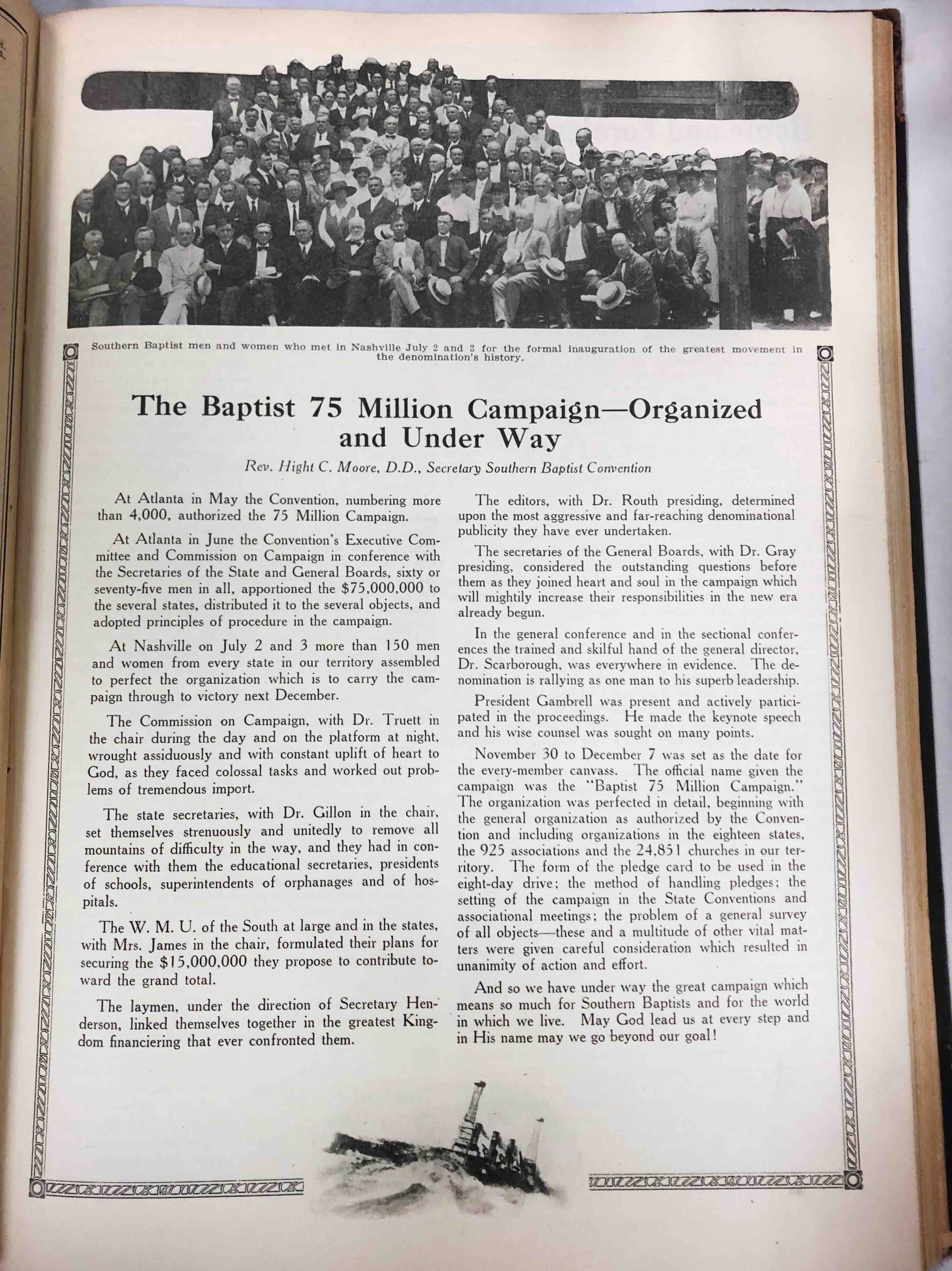
Cooperative Program Established
The Southern Baptist Convention established the Cooperative Program to provide income to denominational entities. The Foreign Mission Board was designated to receive 50 percent of the total receipts, which would assist in recovering from the shortfall of the $75 million campaign.
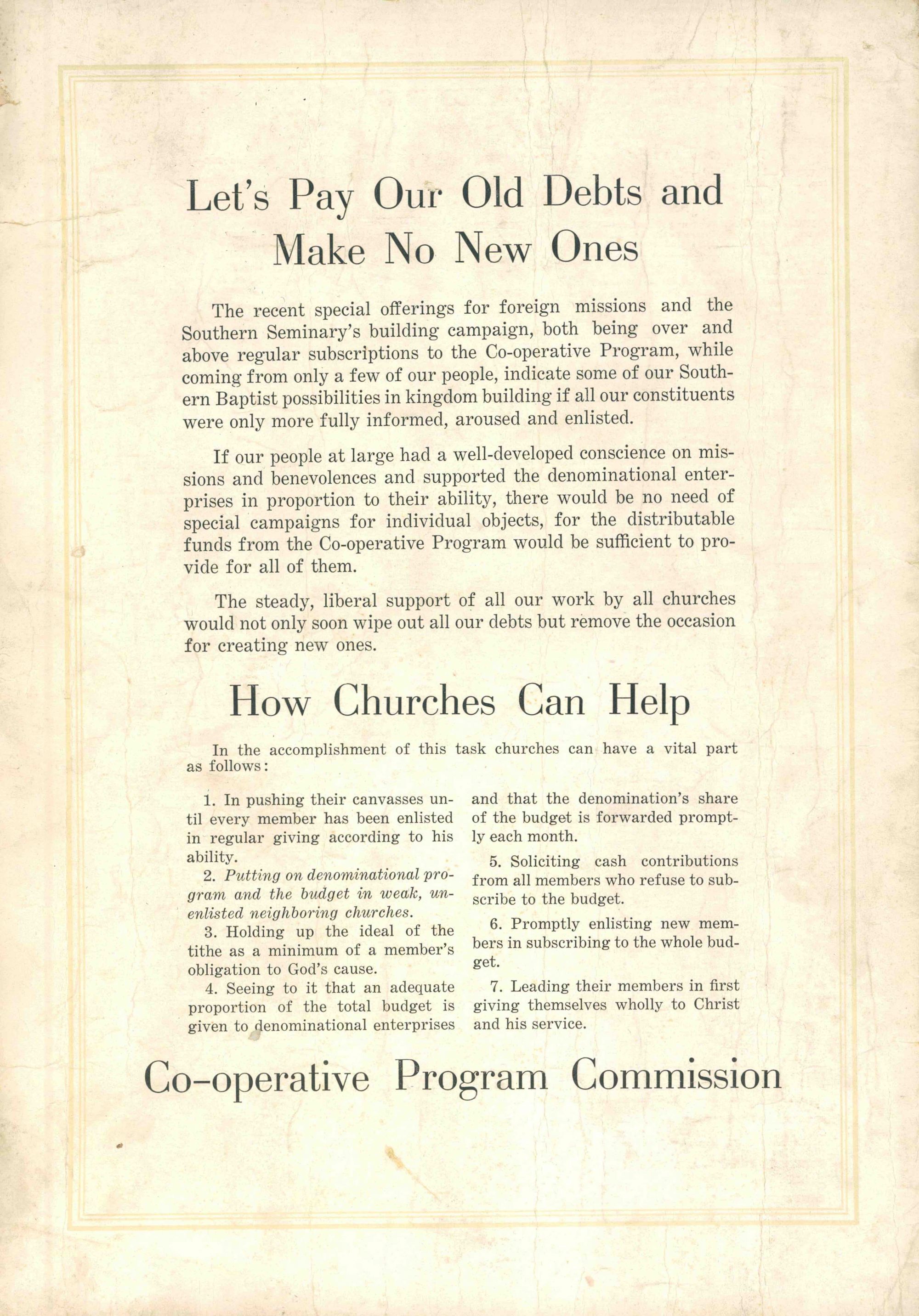
'Baptist Faith and Message' Adopted
The Southern Baptist Convention adopted the "Baptist Faith and Message" as a public statement of faith and doctrine.
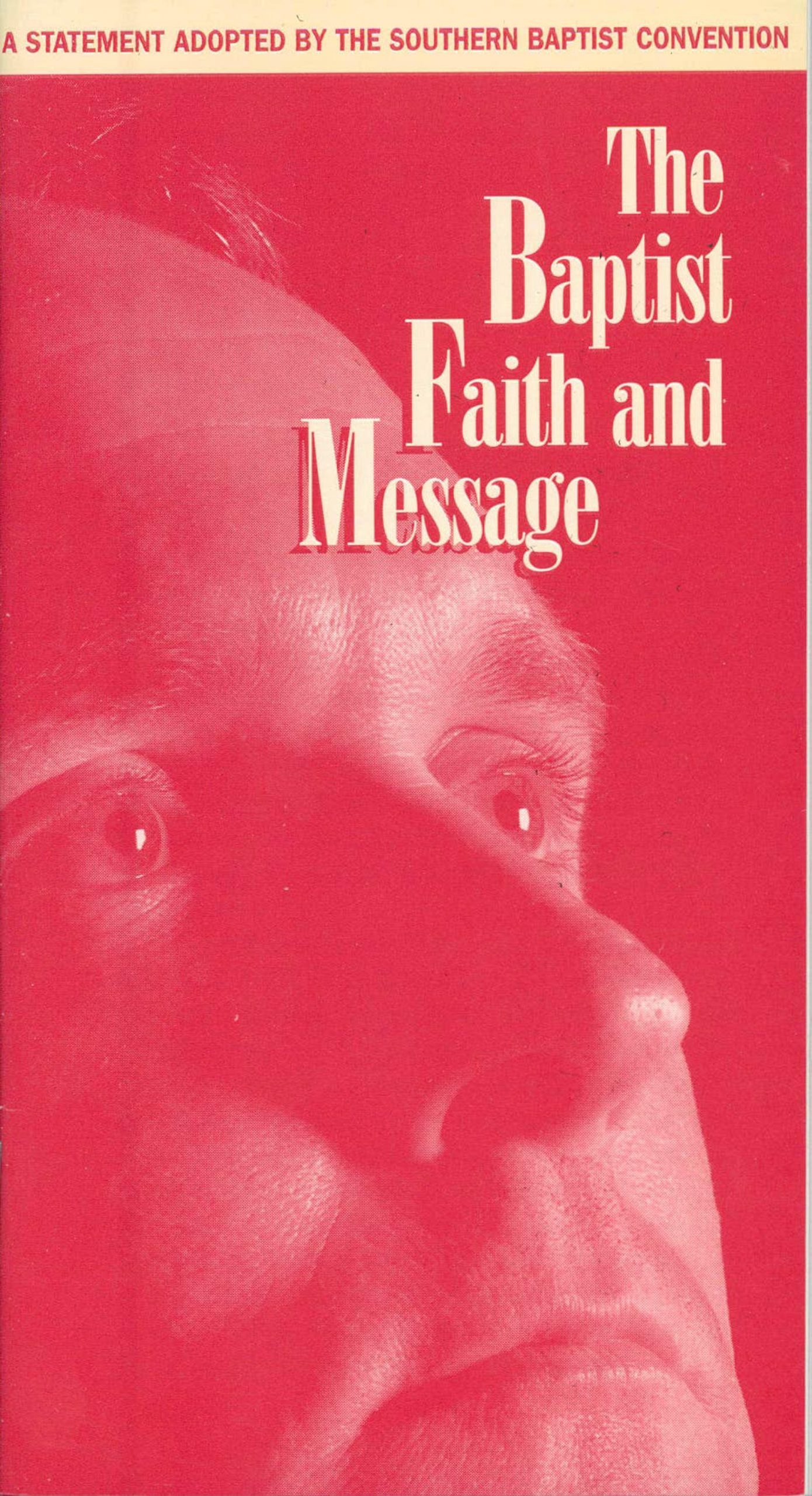
Shantung Revival Spread Across China
During the Shantung Revival, missionaries and Christians in northern China fell under deep conviction of sin and experienced remarkable works of the Holy Spirit. Over the next 10 years, they experienced what some consider the greatest revival in Baptist church history.
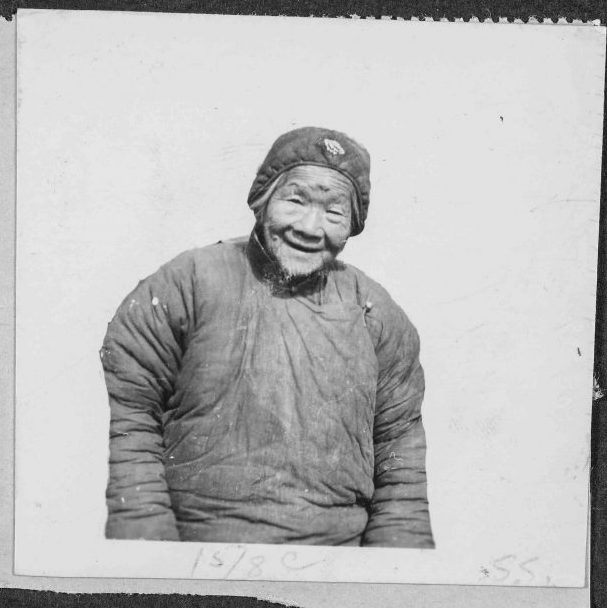
T. Bronson Ray Elected Executive Leader
Foreign Mission Board educational secretary T. Bronson Ray was elected executive leader, but financial instability and ebbing missionary enthusiasm dominated his short tenure. His lasting legacy was his belief in the effectiveness of study courses to promote missions education — a strategy picked up with great success by the Woman’s Missionary Union.
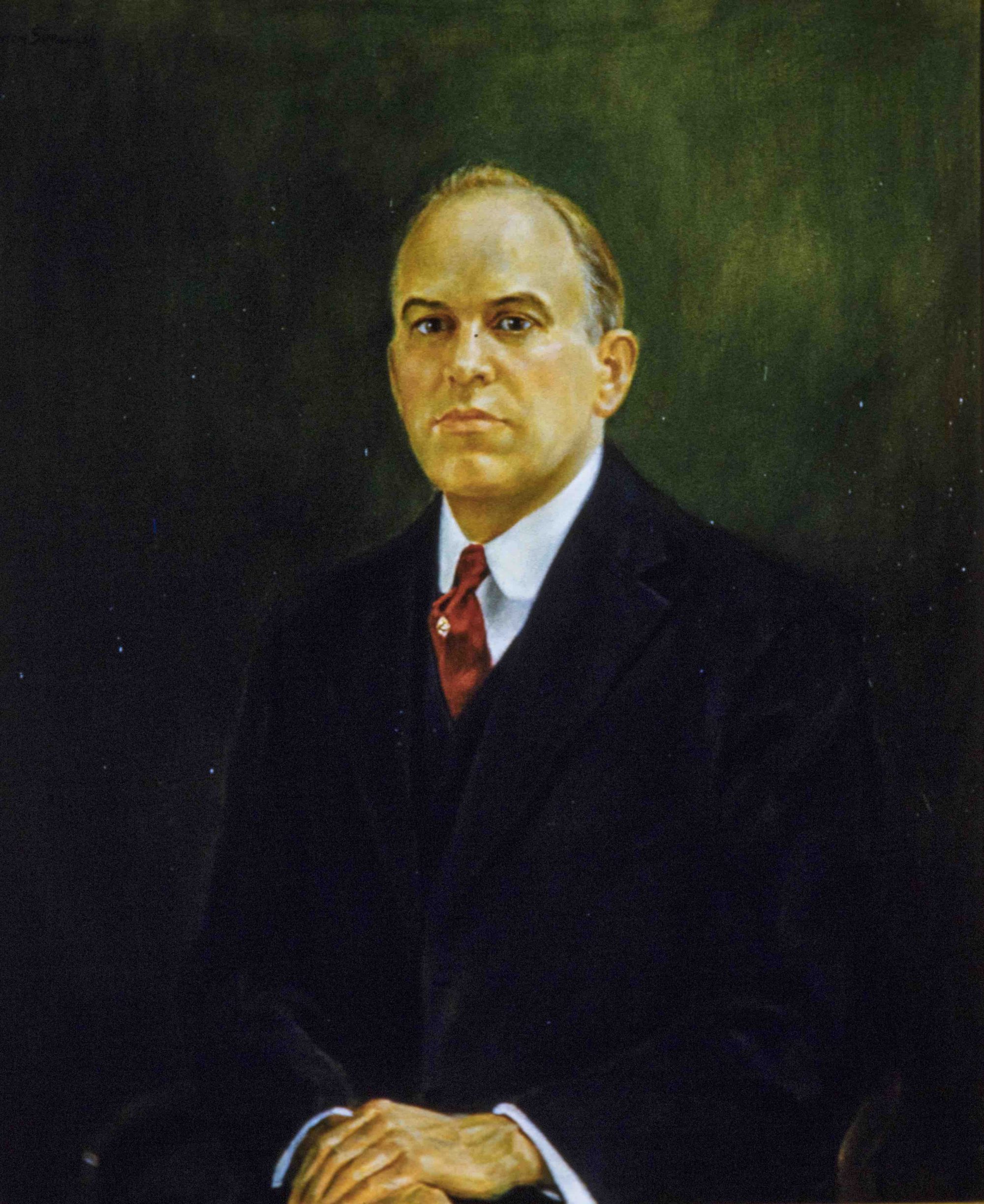
Missions in Context
Major World Events
Prohibition Outlawed Alcohol in the U.S.
The temperance movement sought to reduce issues of poverty, family decline, industrial accidents, corruption and crime, by petitioning the government to outlaw the manufacture and sale of alcohol. The 18th Amendment, signed in 1919 and enforced in 1920, led to a rise in organized crime and a black market for alcohol. In 1933, Congress repealed the 18th amendment with the 21st, seeking to increase jobs and revenue in the depths of the Great Depression.
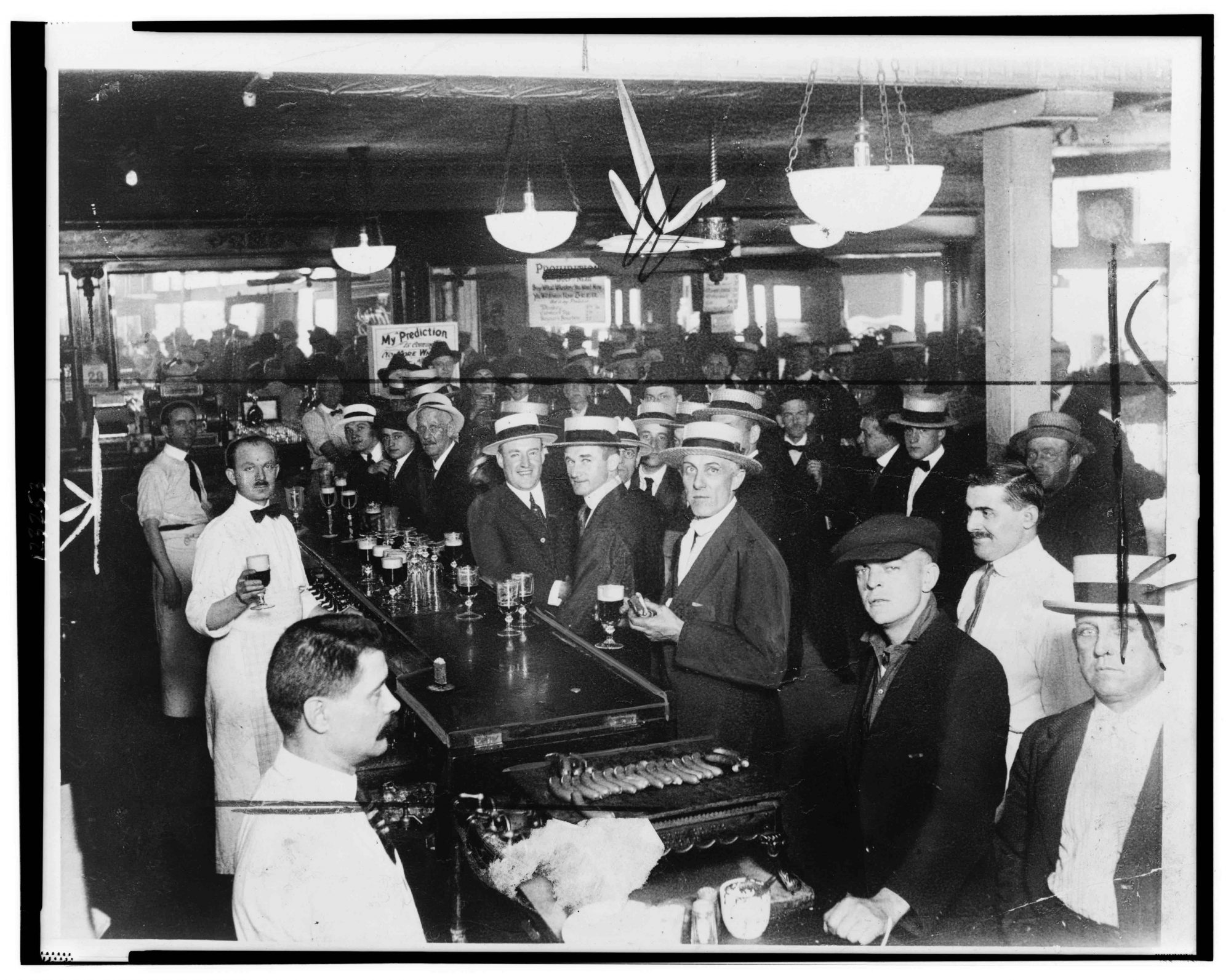
U.S. Women Gained the Right to Vote
In 1848 at the Seneca Falls Convention, reformers Elizabeth Cady Stanton and Lucretia Mott, along with more than 300 others, gathered to seek better opportunities for women, including the right to vote. Their dream was finally realized in 1920 with the passing of the 19th Amendment.
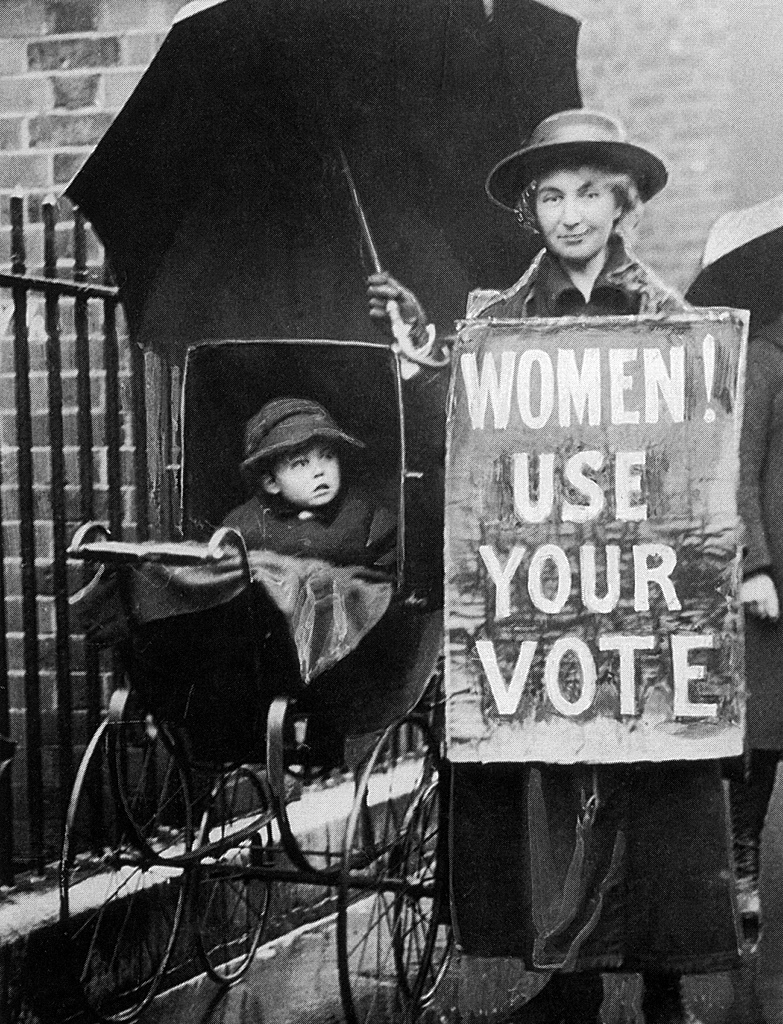
Mussolini Became Prime Minister of Italy
The king of Italy appointed Benito Mussolini as prime minister in late October 1922. Mussolini steered the country into Fascism, an ultranationalist ideology led by a dictator or military government. Adolf Hitler later modeled the Third Reich after Mussolini and the Fascists, which blamed economic depression and other problems on scapegoats, including minority groups.
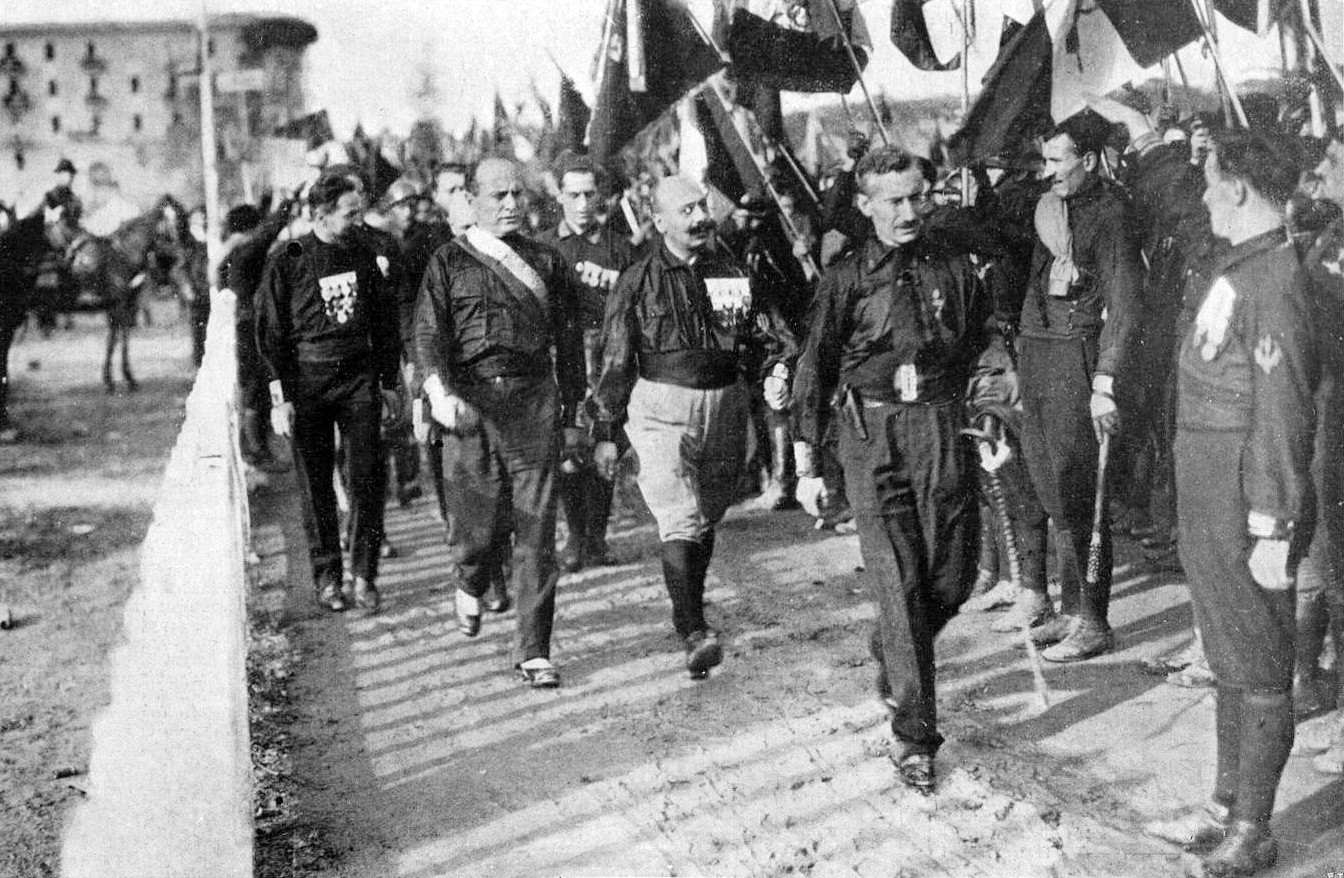
Stalin Became Leader of the Soviet Union
In January 1924, Soviet Union ruler Vladimir Lenin died, and Joseph Stalin, secretary-general of the Communist Party, rose to power. Although he eventually allied with the United States and Great Britain in World War II, Stalin is known as a brutal dictator who was responsible for the deaths of over 20 million people before his death in 1953.
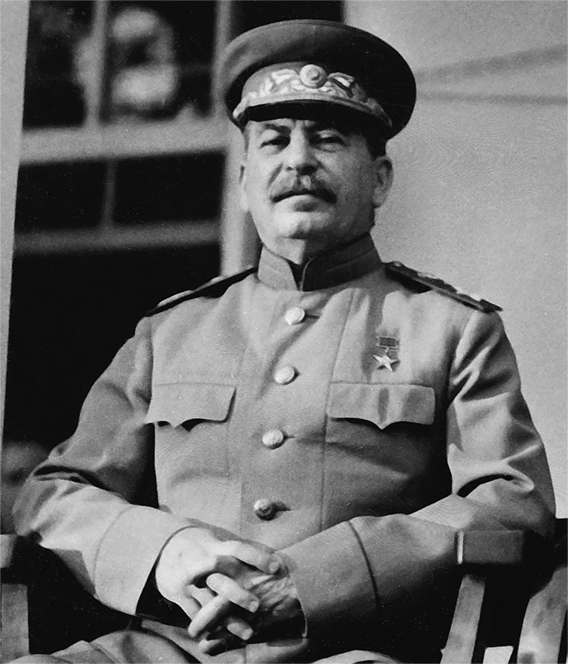
Lindbergh Completed First Solo, Nonstop Transatlantic Flight
Charles Lindbergh, at age 25, became the first person to complete a transatlantic flight alone when he flew 3,600 miles from New York to Paris in 33 ½ hours, winning the Orteig Prize of $25,000 for accomplishing the feat. The first passenger service across the North Atlantic was initiated by Pan American Airways 12 years later.
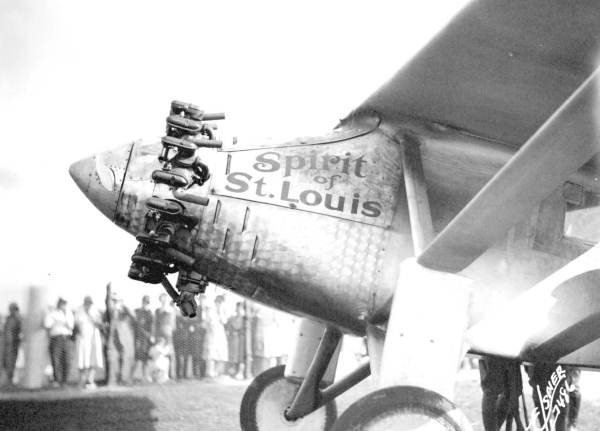
Missionary Profiles
Honoring Faithful Service
Agnes Graham
The train screeched to a halt. Steam swept onto the platform where Agnes waited with her indignant mother. Chile’s first unmarried FMB missionary didn’t get on her train.
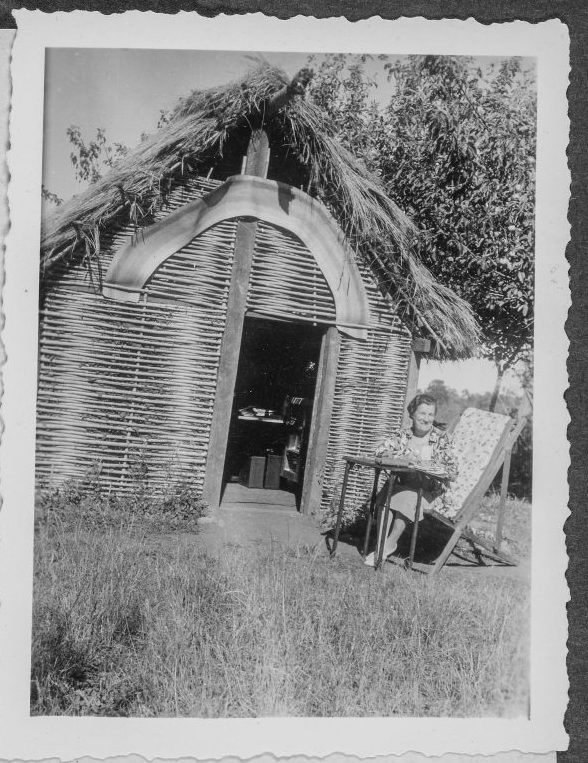
Everett and Emma Gill
Everett looked out into the crowd of participants at the 1922 Southern Baptist Convention and said, “I am the first Baptist from the outside world to visit the Russian Baptists after a period of seven years.”
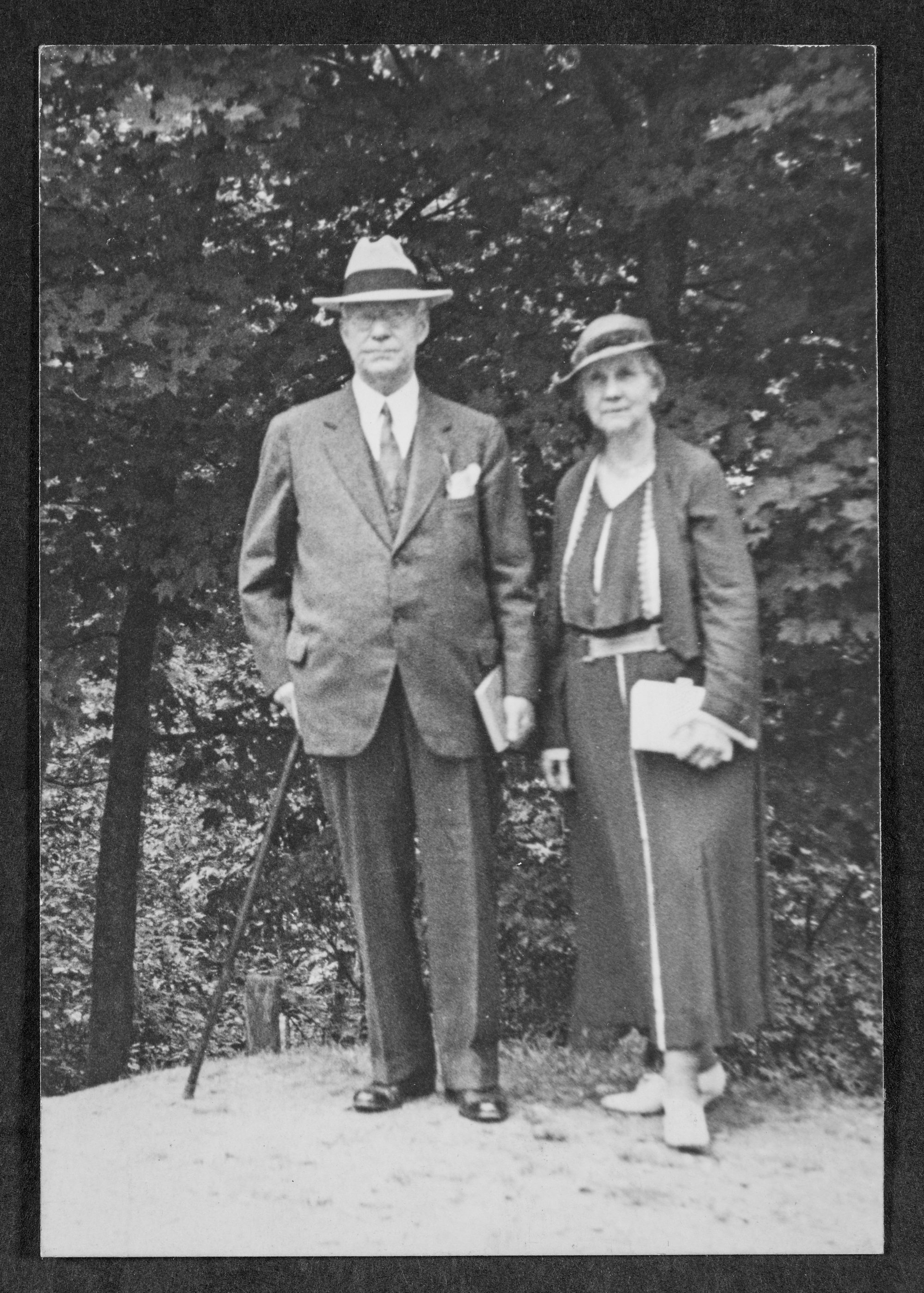
John Lake
John needed a place to care for the Chinese lepers he’d been ministering to. Tai-Kam in the South China Sea seemed the perfect location. But there was one major obstacle standing in his way — pirates!
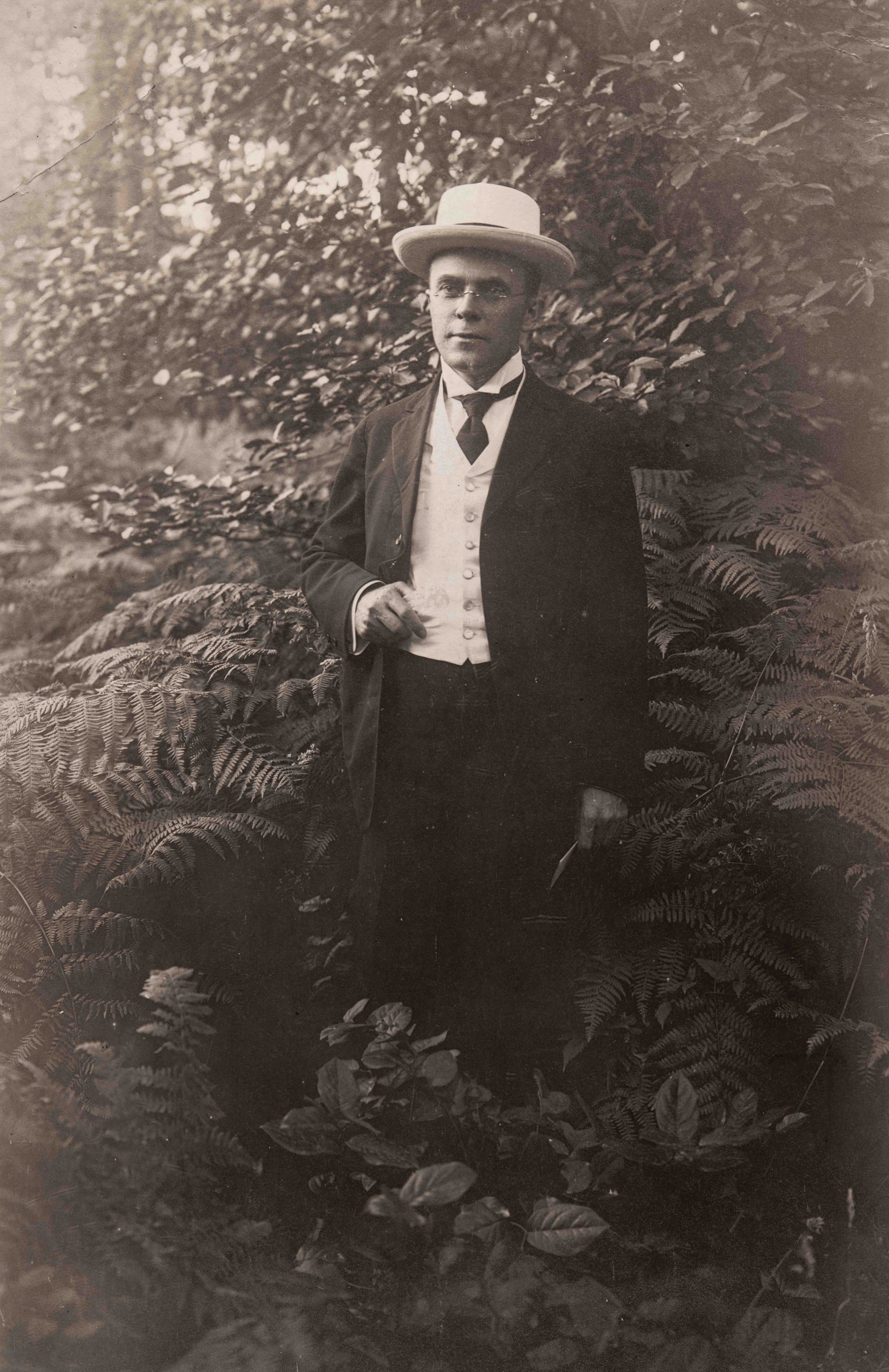
William and Crystal Enete
Before video games and YouTube, William and Crystal pioneered the use of creative media to win the attention of their listeners.
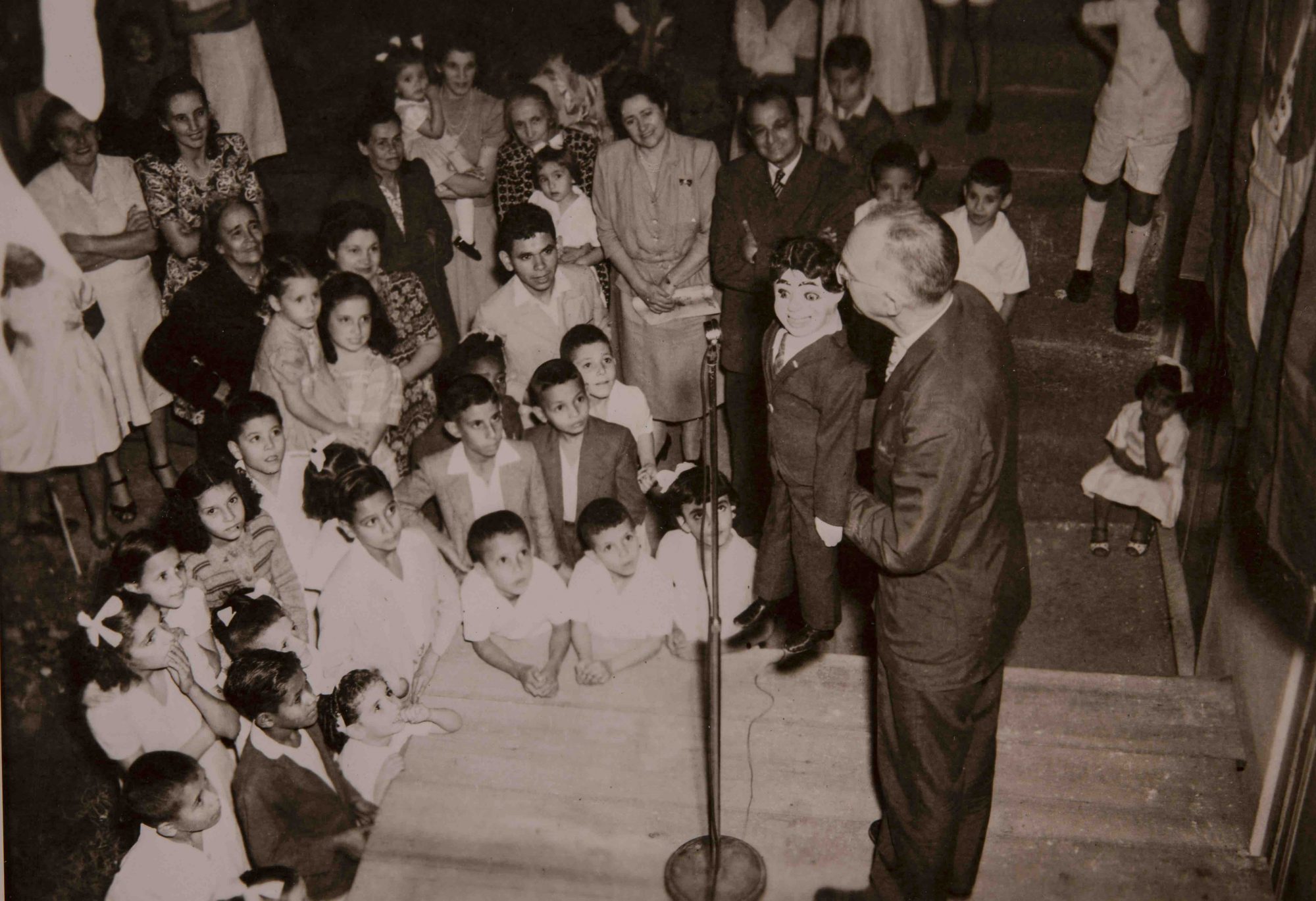
God at Work
Stories From The Field
Chinese Christians Compelled to Witness during Shantung Revival
Before we left China in 1948, after the Communists had overrun nearly all of our part of the country, we had a memorial service at Ching-do … for fifty-one of our Baptist leaders who had been killed because they refused to give up their faith in God, take a course in communist doctrines, and then help the Communists establish their ungodly, atheistic regime. Some of those who died had been our personal co-workers. …
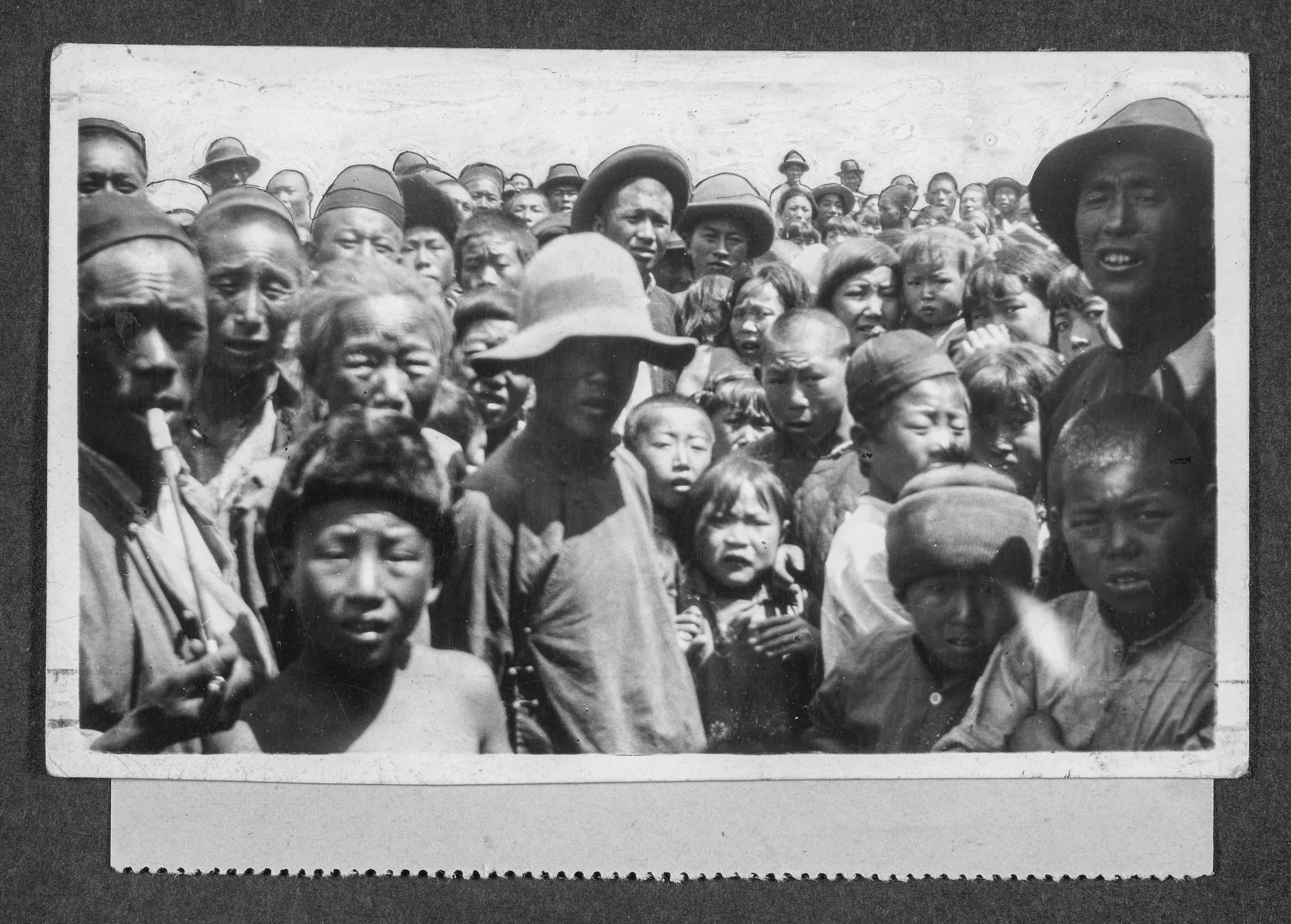
The Gift of Transportation
Dr. George Green needed a way to travel to remote villages. Two Virginia churches bought the first Baptist mission car in Africa.


